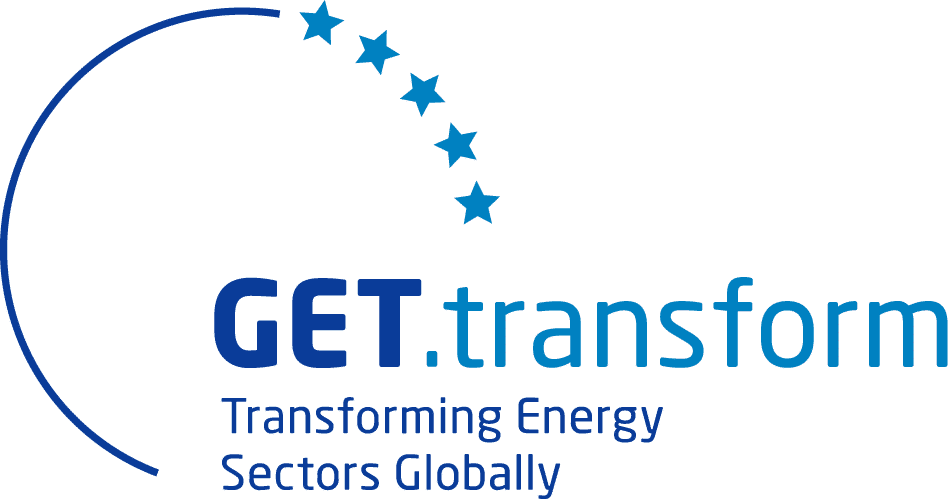On 3 December 2021, Nigeria shared good energy planning practice in IRENA’s webinar series on “Long-term Energy Scenarios (LTES) for Developing National Energy Transition Plans in Africa”.
The series is delivered in the frame of IRENA’s Long-Term Energy Scenario (LTES) Network and in collaboration with GET.transform, the United Nations Economic Commission for Africa (UNECA), the African Union Development Agency (AUDA-NEPAD), the African Development Bank (AfDB), the Ministry of Energy of Kenya, and the African Union Commission.
Nigeria’s energy planning process was presented by Prof. Eli Jidere Bala. He is the Director General of Nigeria’s Energy Commission (ECN), the body responsible for developing the national energy plan in collaboration with other national ministries and energy sector actors. Prof. Bala highlighted the role of energy scenarios in forecasting infrastructure development, raising ambitions, and driving innovations. The planning process in Nigeria encompasses different modelling tools and has been supported by different international partners (incl. the IAEA, UK, IRENA, and the EU). At the same time, Prof. Bala emphasised the importance of building local capacity to ensure continuous and sustainable energy planning. The country has thus begun to expand national capacity and is involving universities and research institutions in the planning.
The topic of capacity building was then picked up by Mekalia Paulos, Research Officer at the African Climate Policy Centre, UNECA. She introduced the Energy Modelling Platform for Africa (EMP-A) which supports energy analysts and governments in expanding energy scenario skills. Next to exchange forums, the EMP-A offers trainings along different tracks and tools (e.g., OSeMOSYS, IRENA FlexTool, MAED, Energy Balance Studio, etc.). The initiative is supported by several institutions including UNECA, the World Bank, UNDESA, GIZ, IAEA, IRENA, but also African universities.
As summarised by UNECA, African capacity in energy modelling is vital for the continent to produce long-term energy pathways that avoid technology lock-in but tap into renewable resources and seize clean energy technology opportunities.



